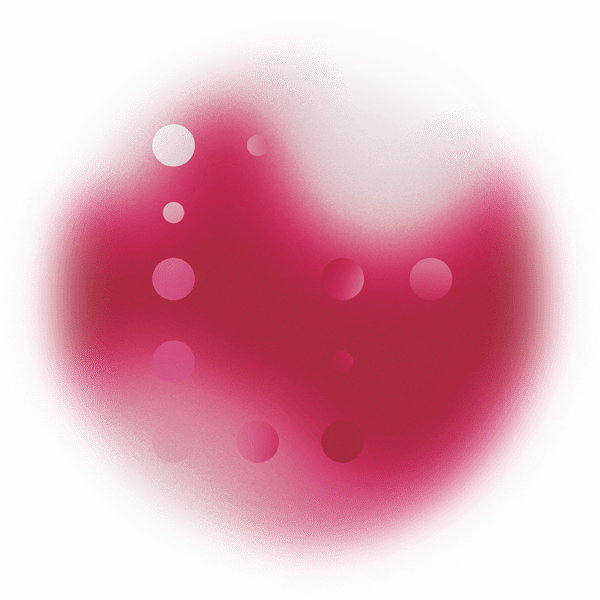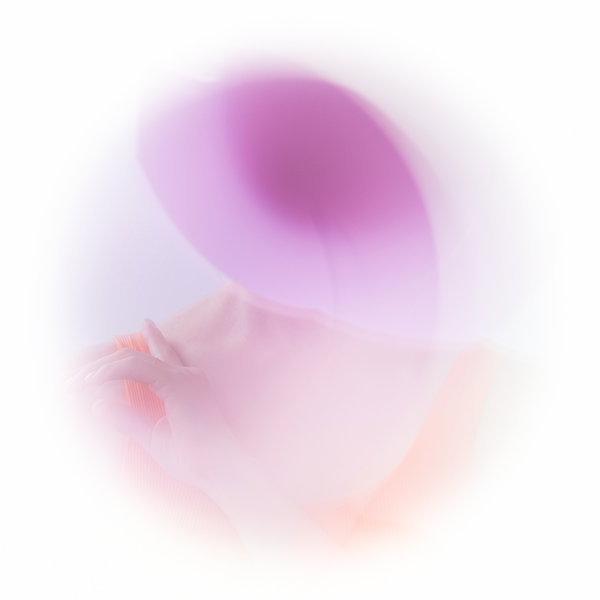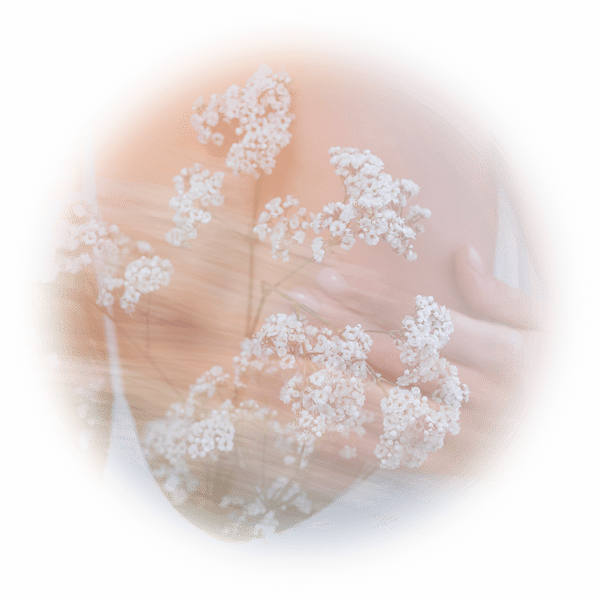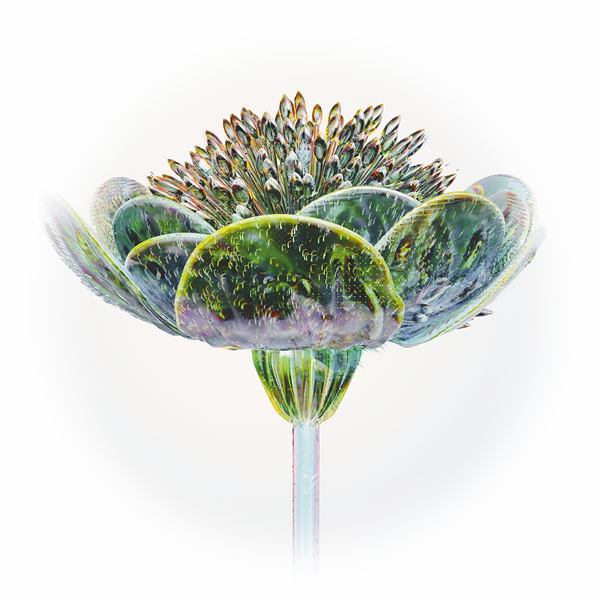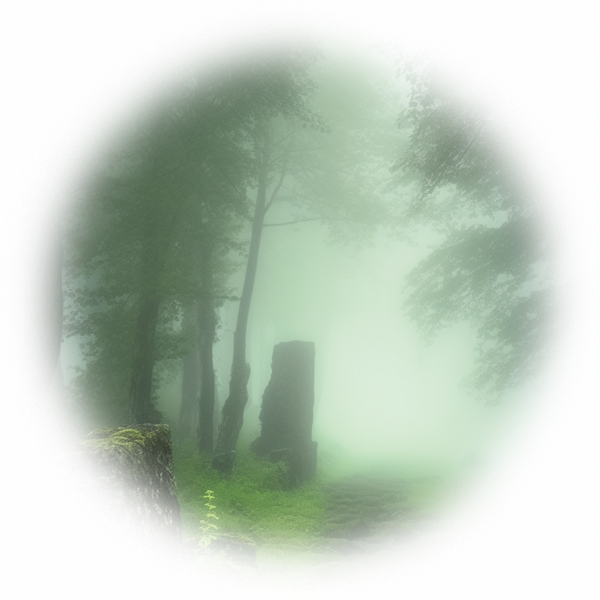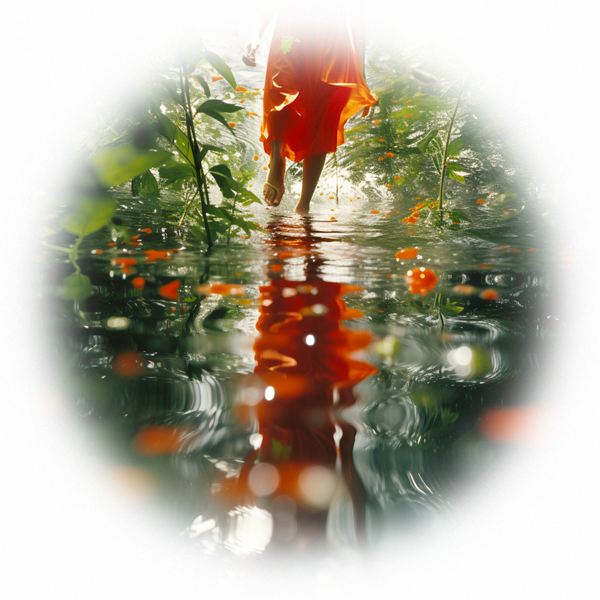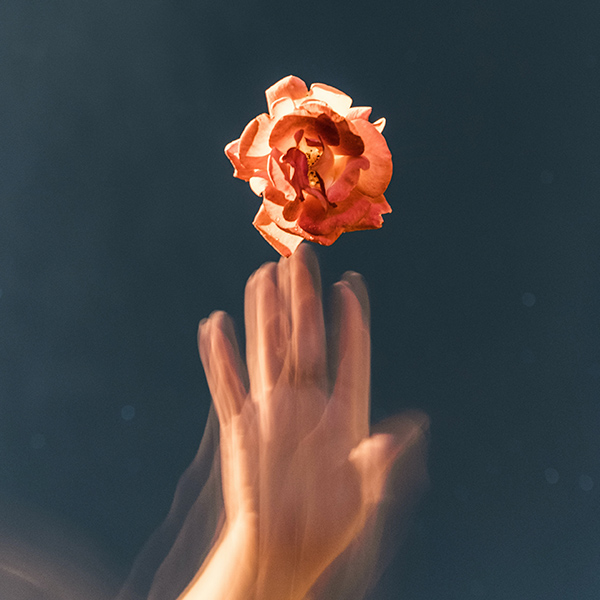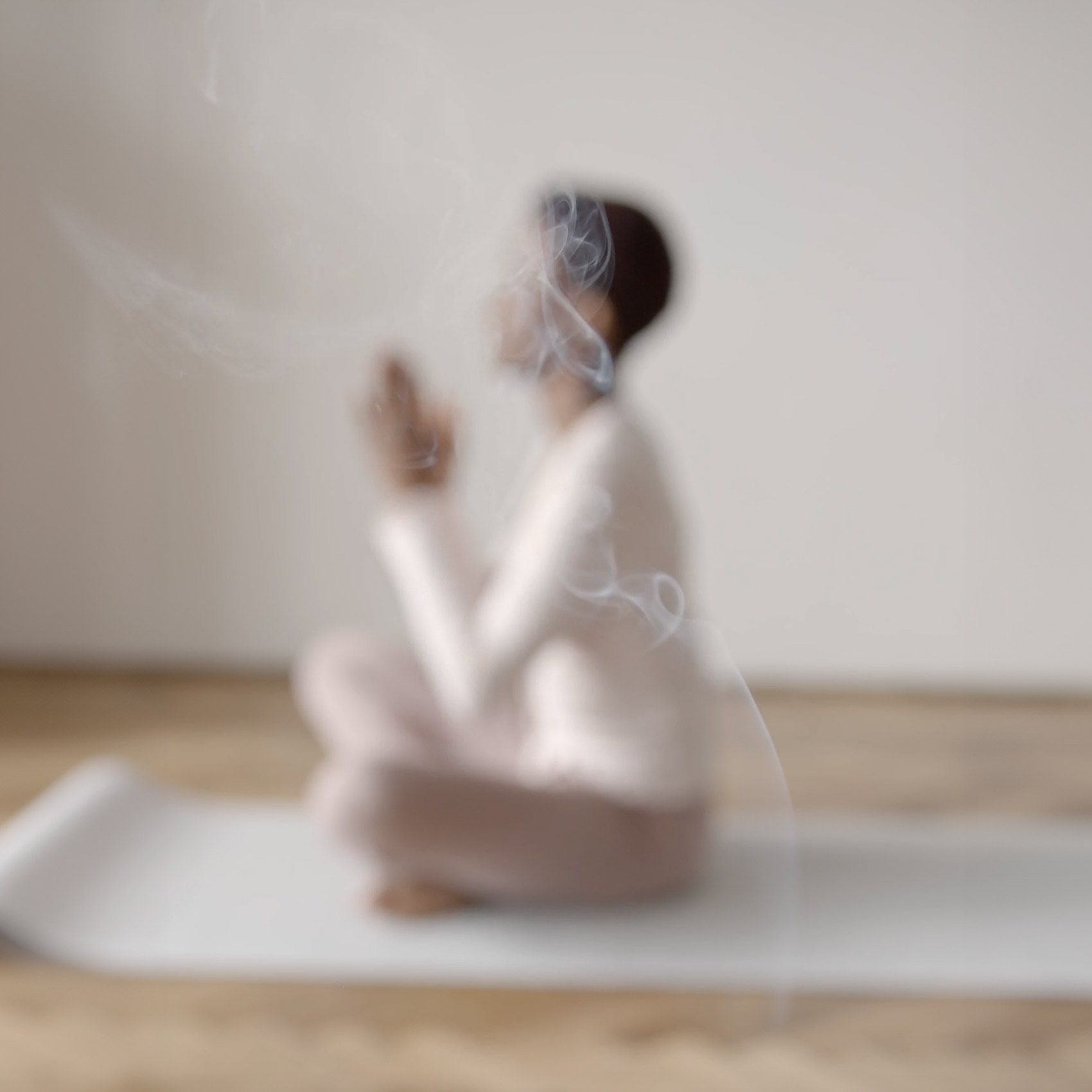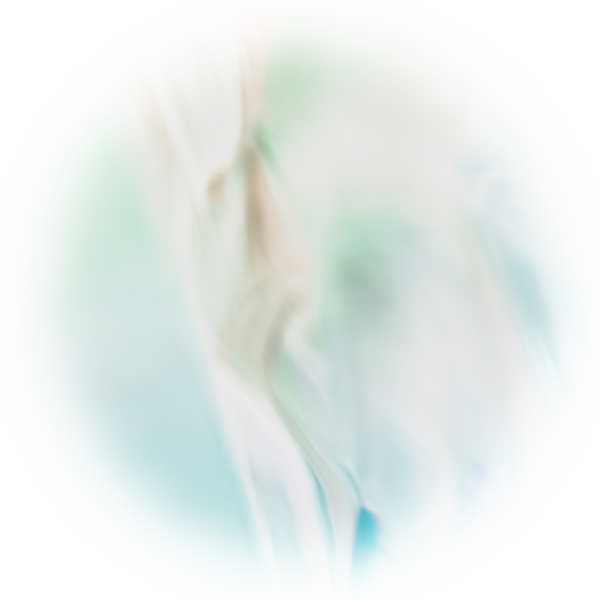Dreams are made up of what we sense and feel, and of the way in which all of our perceptions, knowledge and experiences inform our mental representations of the world. The sense of sight is therefore not necessary to dream. And the dreams of blind people are indeed filled with sensations – olfactory, gustatory, tactile… – since sleep carries echoes of the way in which these people experience the world while awake.
According to neurologist Isabelle Arnulf, such non-visual sensations only appear in about 1% of dream reports among sighted people. This is not too surprising when we know that sight is a dominant sense in human beings: almost half of our brain is devoted to processing visual information and the exercise of vision even slightly inhibits the brain activity linked to other senses! We also tend, for cultural reasons, to give more salience to visual sensations. Sighted people thus associate most of their experiences with images rather than sounds, tastes or smells.
Conversely, some studies have shown that people lacking this dominant sense dream much more widely of scents, sounds, music, touch sensations, etc. The brain activity of blind and sighted people for inst ance has been observed during sleep in dream phases: in those born blind, the areas linked to odors, sounds and touch are particularly irrigated, significantly more than in the sighted people.
Thus, while a person with normal vision will dream of a loved one by mobilizing visual memories (shape of the face, color of the skin, hair and eyes, height, build, clothes, etc.), a blind person will rather associate a loved one with a combination of non-visual experiences such as voice timbre, enunciation, body odor, perfume, etc. It is these sensations that will manifest in the dream to represent and identify the person present.
In one of her autobiographies, The World I Live in (1908), famous American author Helen Keller, who lost her sight and her hearing before she turned two, explains : “In my dreams I have sensations, odors, tastes, and ideas which I do not remember to have had in reality. […] I smell and taste as much as in my waking hours”. And she goes on to recall a particularly lifelike olfactory dream: “Once I smelt bananas, and the odor in my nostrils was so vivid that in the morning, before I was dressed, I went to the sideboard to look for the bananas. There were no bananas, and no odor of bananas anywhere !”
Of course, the dream experience of people who lost their sight after the age of 5 or 6 is very different from that of someone who never possessed the visual sense. Often, images, shapes and colors persist in their dreams, to which are added, certainly more frequently than for the sighted, impressions coming from the sense of touch and the chemical senses. The entire sensorium is thus mentally engaged in their dream state, providing them with rich and much varied sleeping adventures!


